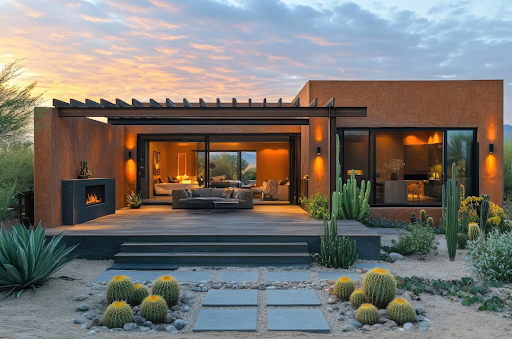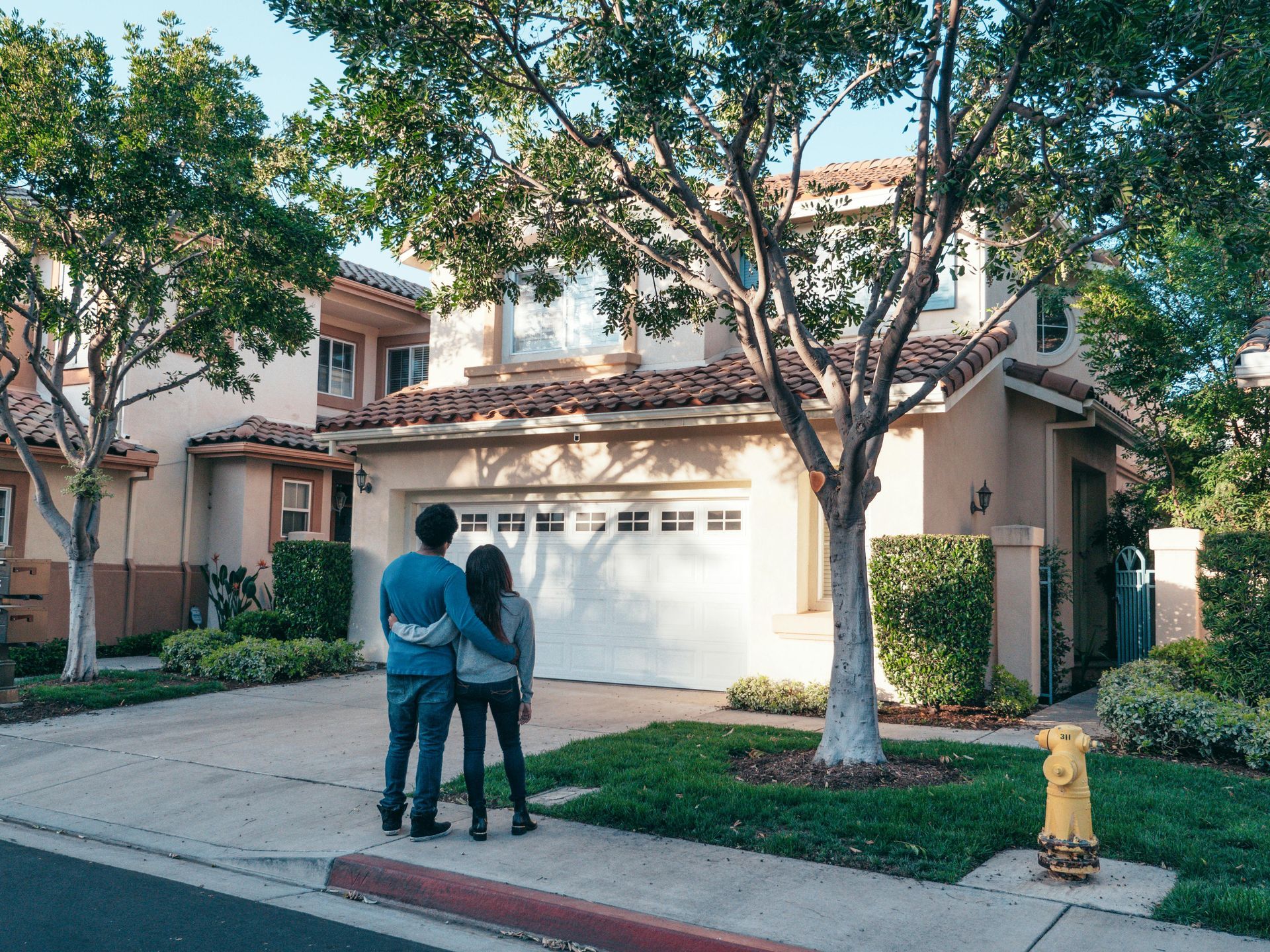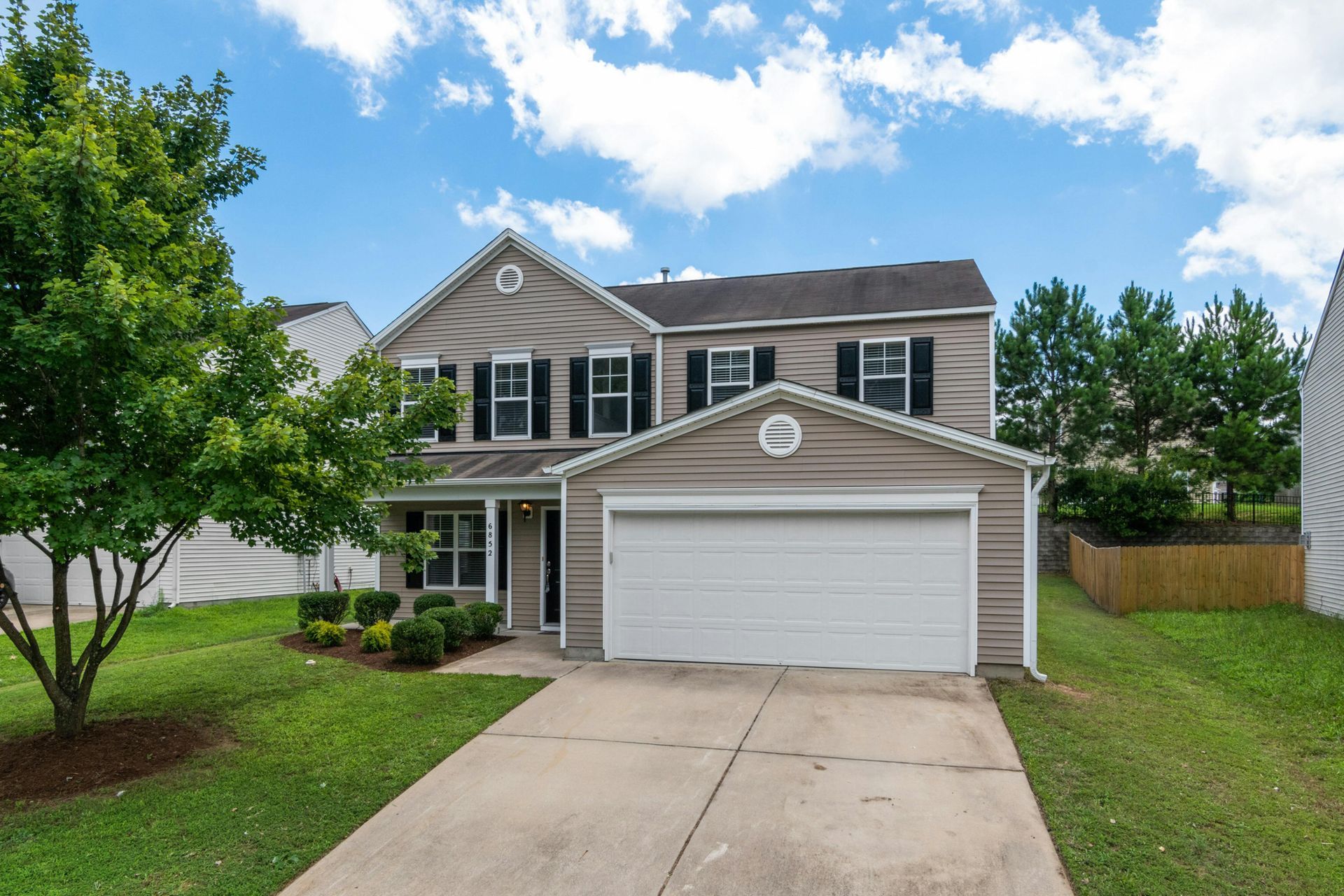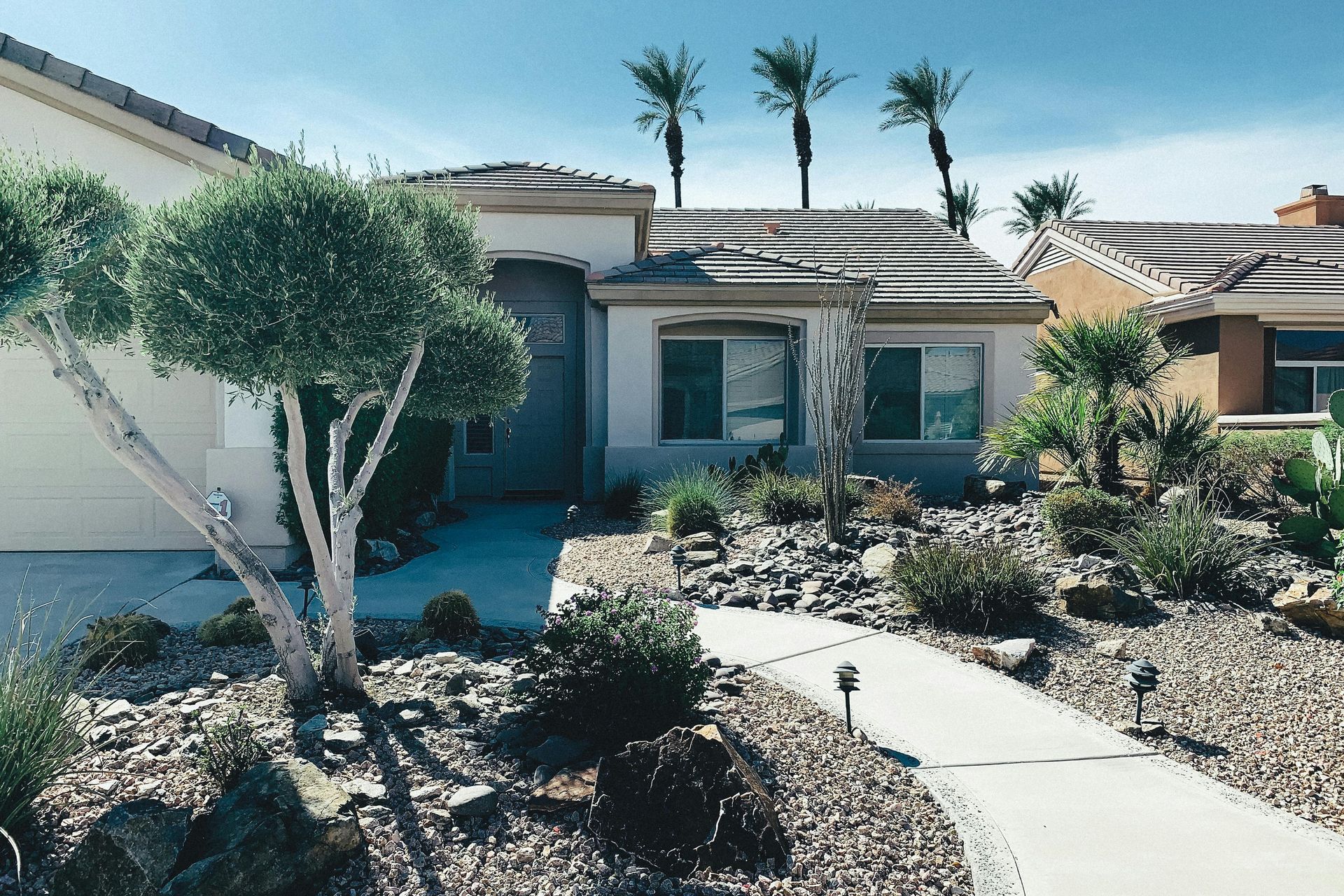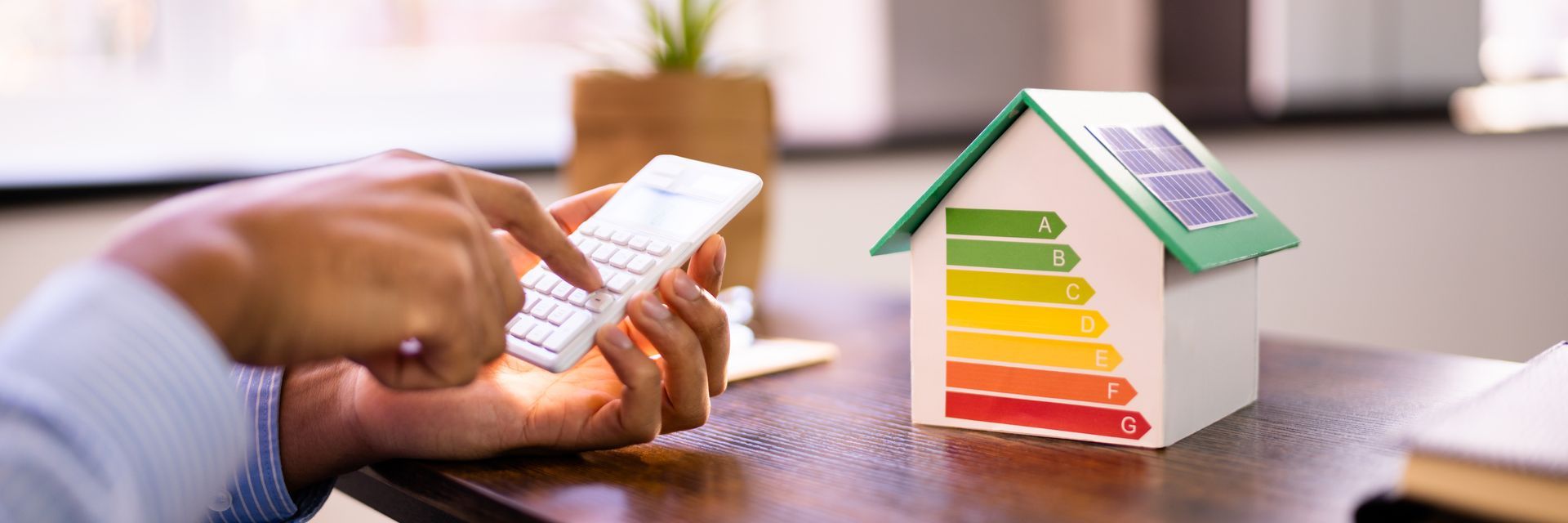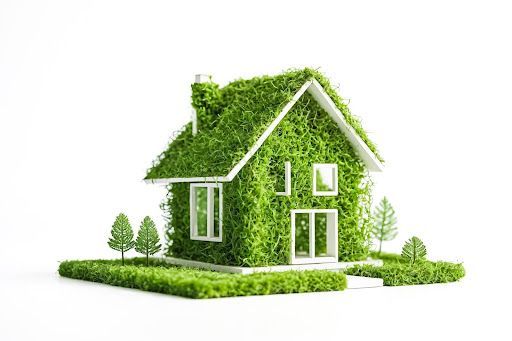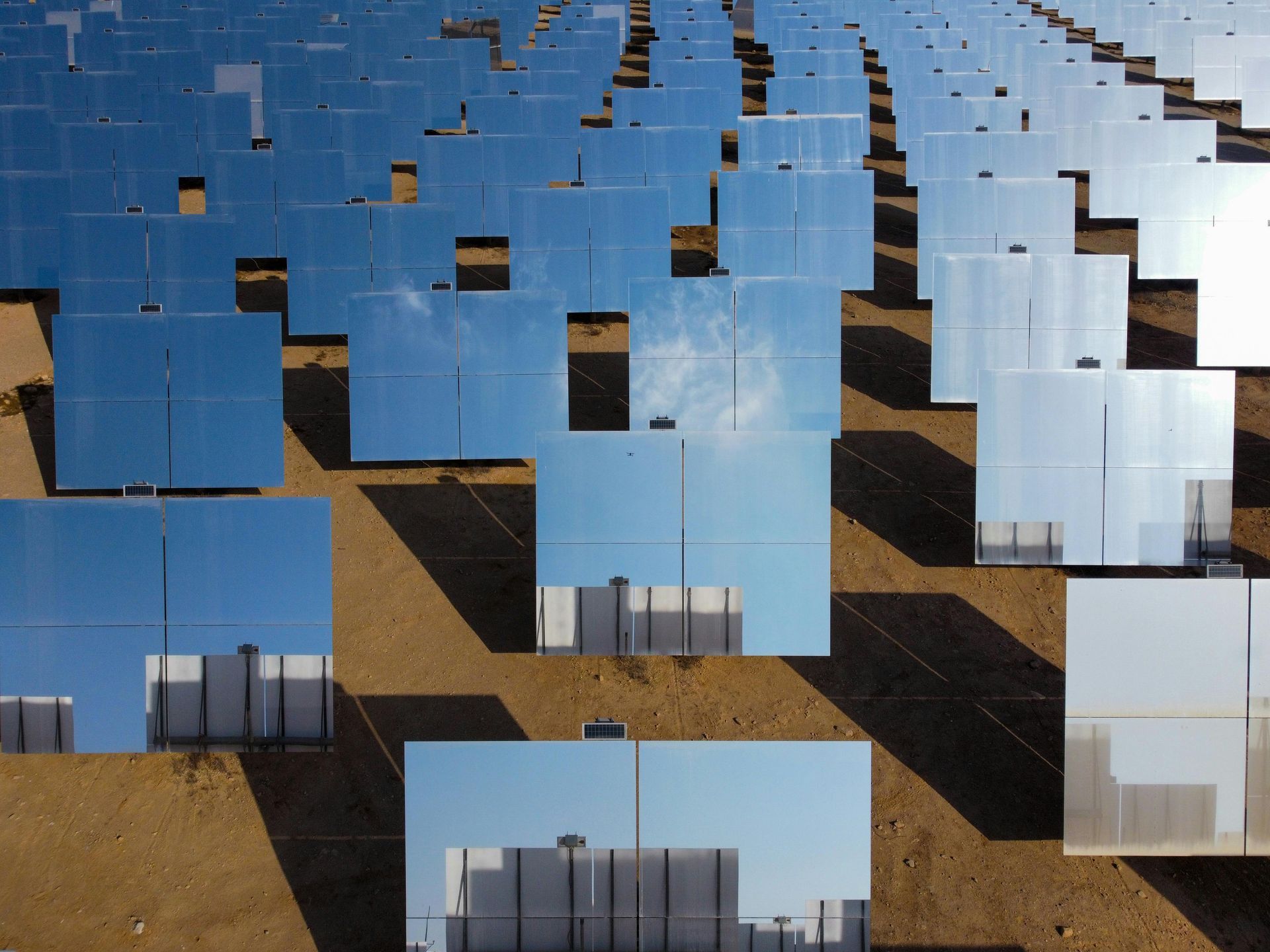Smart Home Tech for Eco-Conscious Dwellers
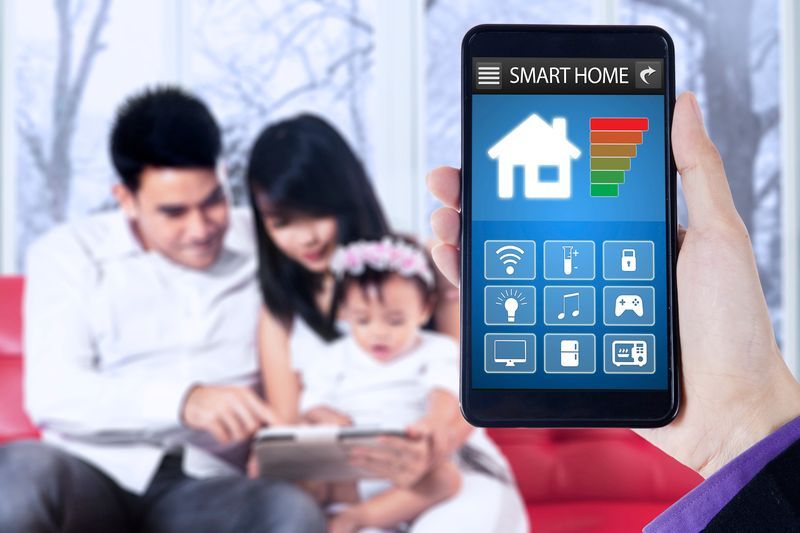
Exploring new places can be a thrilling adventure. It allows us to step outside of our daily routines and immerse ourselves in different cultures, traditions, and environments. Whether it's wandering through a local park or traveling to a foreign country, every new place we visit opens our eyes to the diverse world we live in and can teach us something new about the way we see things.
Understanding Smart Home Technology
In the arid beauty of Scottsdale and Phoenix, sustainability isn't just a philosophy—it's a way of life. Smart home technology is revolutionizing how we think about energy efficiency and eco-conscious living. At its core, smart home technology encompasses devices connected via the internet, allowing users to control features such as lighting, temperature, and security systems remotely or through automation. What sets these smart systems apart is their ability to learn from our habits and make energy-saving decisions without our input.
The merging of smart home tech and eco-consciousness represents a potent combination. Homeowners are not just using technology for convenience; they are using it to significantly reduce their carbon footprint. By integrating automated systems, residents in regions like the Phoenix Metropolitan Area, where conservation is paramount, can maintain their sustainable lifestyles effortlessly.
One of the pivotal roles of automation and AI in fostering an eco-friendly home life is through predictive analysis. These intelligent systems analyze usage patterns to make adjustments that curb energy use, leading to a smarter and more environmentally responsible lifestyle. It's this kind of forward-thinking that aligns seamlessly with the values upheld by Danijela Quenzler's clientele who are deeply invested in preserving the unique desert environment they call home.
Smart Thermostats: Balancing Comfort and Sustainability
Smart thermostats have become a game-changer for energy-conscious homeowners. These devices go beyond programmable settings to learn and predict your temperature preferences, adjusting themselves to maintain comfort while optimizing energy usage. In Arizona's extreme climate, this tight control can lead to substantial energy savings.
Research
shows that maintaining a balanced indoor temperature without significant fluctuations is key to reducing energy consumption. Smart thermostats excel at this, ensuring not an ounce of cool air is wasted during those blistering summer months. And when the desert cools down, these devices keep your home cozy, using the least amount of resources.
Local success stories abound, with families across Scottsdale and its environs reaping the benefits of smart thermostats. These anecdotes serve as a testament to the potential of smart home technology in building sustainable futures without compromising on personal comfort.
Energy Monitors: Insight into Consumption
Knowledge, they say, is power—and nowhere is this truer than in the realm of energy consumption. Energy monitors are indispensable tools in the smart home arsenal, providing real-time data that homeowners can use to make informed decisions. With user-friendly interfaces, these monitors reveal the ins and outs of a household's energy habits, highlighting areas where efficiency can be improved. For eco-conscious dwellers, especially those in the Phoenix area's growing communities, this insight is crucial to living in harmony with the delicate desert environment.
Several case studies highlight how families have slashed their carbon emissions and utility bills by leveraging the detailed analytics provided by energy monitors. These devices are perfect for those who strive for a sustainable lifestyle, turning abstract values into actionable steps toward a greener home.
The synergy of smart technologies with an eco-conscious approach to living is reshaping the real estate landscape, offering a way to embrace modern conveniences while being stewards of the environment. As Danijela Quenzler Realty guides its clients toward making their ideal living spaces a reality, the inclusion of smart home technology is a natural extension of their commitment to ecological responsibility and innovation.
Automated Lighting Systems: The Bright Side of Technology
A well-lit home is not just comfortable; it can also be a bastion of energy efficiency when equipped with automated lighting systems. For residents of the Greater Phoenix area, where the sun is a plentiful resource, the use of automated lighting takes advantage of natural light while reducing reliance on electricity. These systems work by adjusting artificial lighting based on the abundance of natural sunlight, time of day, and occupancy—essentially allowing households to minimize their energy usage without sacrificing illumination quality.
Adaptive lighting encompasses more than just on/off switches; it's about creating an ambient environment that's responsive to the needs of its inhabitants. For instance, motion sensors can reduce electricity waste by ensuring lights are only in use when areas are occupied. Beyond energy conservation, there's an aesthetic appeal to lighting that adjusts to create the right mood or enhance productivity, which is why these systems are increasingly becoming a staple in the modern, eco-conscious Arizona home.
The intersection of daylight harvesting and artificial light control not only conserves energy but also aligns indoor living spaces with the external natural rhythm. This harmony between home and habitat resonates with the values of those in Scottsdale and Cave Creek who appreciate the delicate desert ecology and strive to live in an environmentally considerate manner.
Lifestyle and Environmental Impact
Smart home technologies are not one-size-fits-all—they are infinitely adaptable and able to be tailored to each user's unique lifestyle and environmental goals. This customization is key in a place like Scottsdale, where each residence has its character and needs. Whether it's reducing the carbon footprint or maximizing renewable energy use, smart technologies can be programmed to reflect the most nuanced of eco-friendly intentions.
There's also a psychological comfort in knowing your living space is contributing positively to the planet's health. For those who call the enchanting desert landscapes home, this translates into a satisfying alignment of personal values with daily living practices. Smart home tech thus serves not only functional purposes but also reinforces a sense of ecological responsibility.
Challenges and Considerations
Despite the promise of smart technology, there are practical considerations to navigate. The initial cost of adopting such systems can be a concern, but it's essential to weigh this against the long-term savings on utility bills. For those in the desert climate zones of Arizona, the efficient management of cooling systems through smart home automation can offer substantial financial benefits over time.
Equally important is the vetting process to ensure the green credentials of smart devices. As with all technology, there's a spectrum of ecological impact, and for homeowners invested in sustainability, aligning with products that genuinely minimize environmental harm is a top priority. In areas like Phoenix, where local eco-initiatives are supported by the community, this level of scrutiny is not just expected; it's a key part of responsible purchasing.
Concerns around privacy and data security persist in the context of smart homes. While the benefits are plentiful, users must be informed about how their data is collected and used, ensuring that convenience doesn't come at the cost of personal security. For environmentally-conscious clients of Danijela Quenzler Realty, who seek a sustainable lifestyle without compromising safety, understanding and mitigating these risks is part of the journey toward a smarter home.
Overall, these challenges are part of an evolving conversation about how best to harness technology for an eco-friendly lifestyle. With each advancement, Scottsdale and its neighboring areas are witnessing the rise of homes that are comfortable, energy-efficient, and conscious of their environmental footprint—homes that aren't merely residences, but testaments to a forward-thinking way of life.
The Future of Eco-Friendly Living with Smart Home Tech
As technology evolves, so does the potential for creating homes that are not just smart, but also sustainably smart. The trend towards integrating renewable energy sources like solar and wind power with home automation systems is gaining momentum. In sunny Arizona, where solar energy is abundant, the prospect of a home powered by clean energy becomes not only feasible but highly practical. Advances in renewable energy technology are making these systems more efficient and affordable than ever before, beckoning a future where eco-friendly living is the norm.
Aside from technological advancements, there's an evident push toward cultivating a community that values sustainability. Phoenix and its surrounding areas, including the green-conscious communities of Scottsdale and Cave Creek, exemplify how technology and community initiatives can converge to create living spaces that are environmentally attuned. By making wise choices today—like outfitting homes with the latest in smart tech—we're setting the stage for a more sustainable tomorrow.
It's not just about the individual homes but creating a collective shift towards sustainability through shared technology and ideas. This collaborative effort is what will drive the next wave of eco-conscious living, shaped by smart technology and community participation.
Integrating smart home technology into our daily lives offers a multitude of benefits. We have explored how advancements like smart thermostats, energy monitors, and automated lighting systems can significantly enhance our efforts to live in an environmentally responsible manner. The ability of these technologies to adapt to our needs, while conserving natural resources, is transforming our homes into models of sustainability.
Selecting smart home technology should be a judicious decision. It requires a thorough understanding of how these devices work, including their long-term financial and environmental impact. For those in regions like Scottsdale, Phoenix, and Cave Creek, these choices are paramount in maintaining the delicate balance between modern living and environmental stewardship.
Therefore, we encourage readers to consider the role of smart home technology in creating a green living space. It’s a step towards ensuring our homes are not only places of comfort but also active participants in the move towards a more sustainable future.
Are you looking to elevate your home's energy efficiency and embrace a more sustainable lifestyle?
Contact Danijela Quenzler today for a free consultation on how we can help you achieve your goals.
